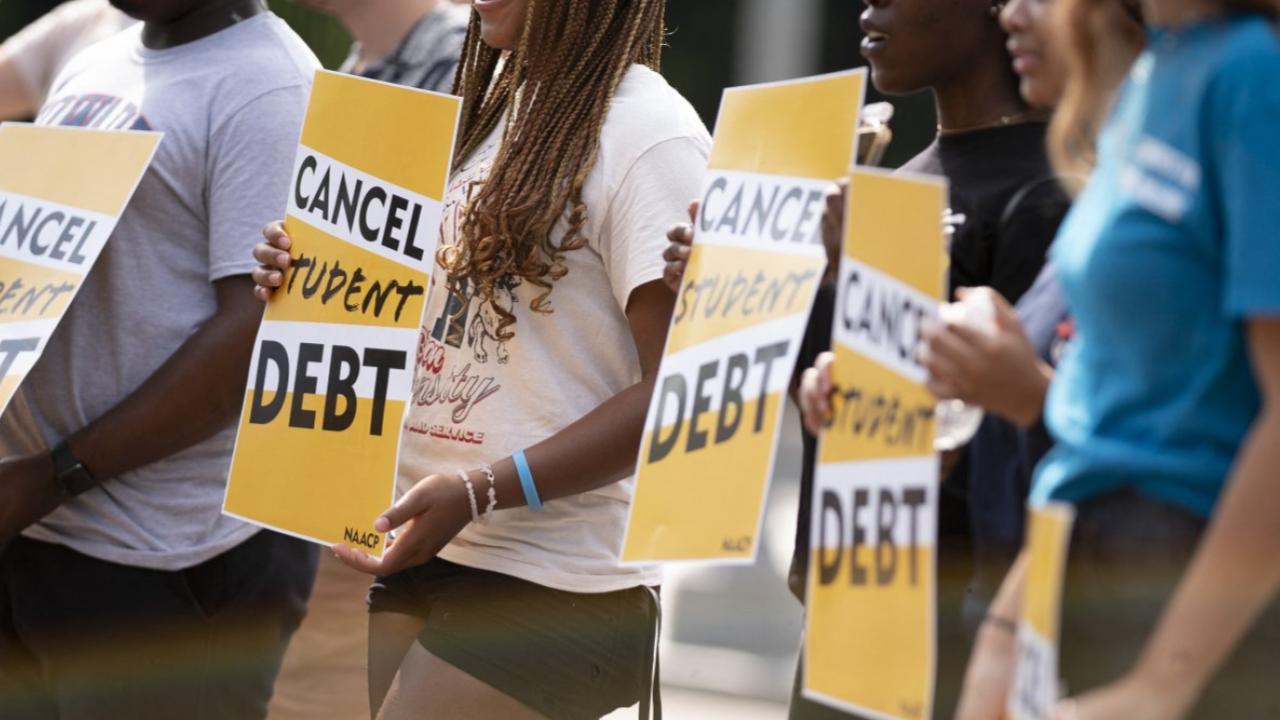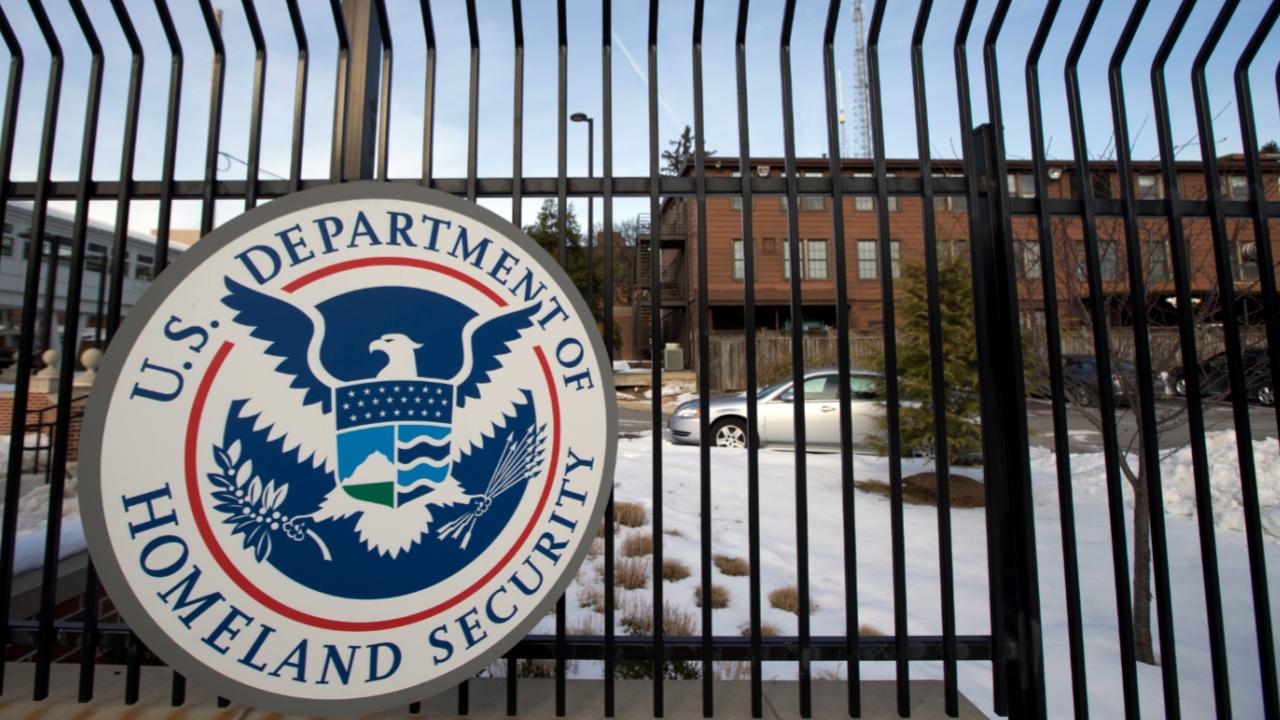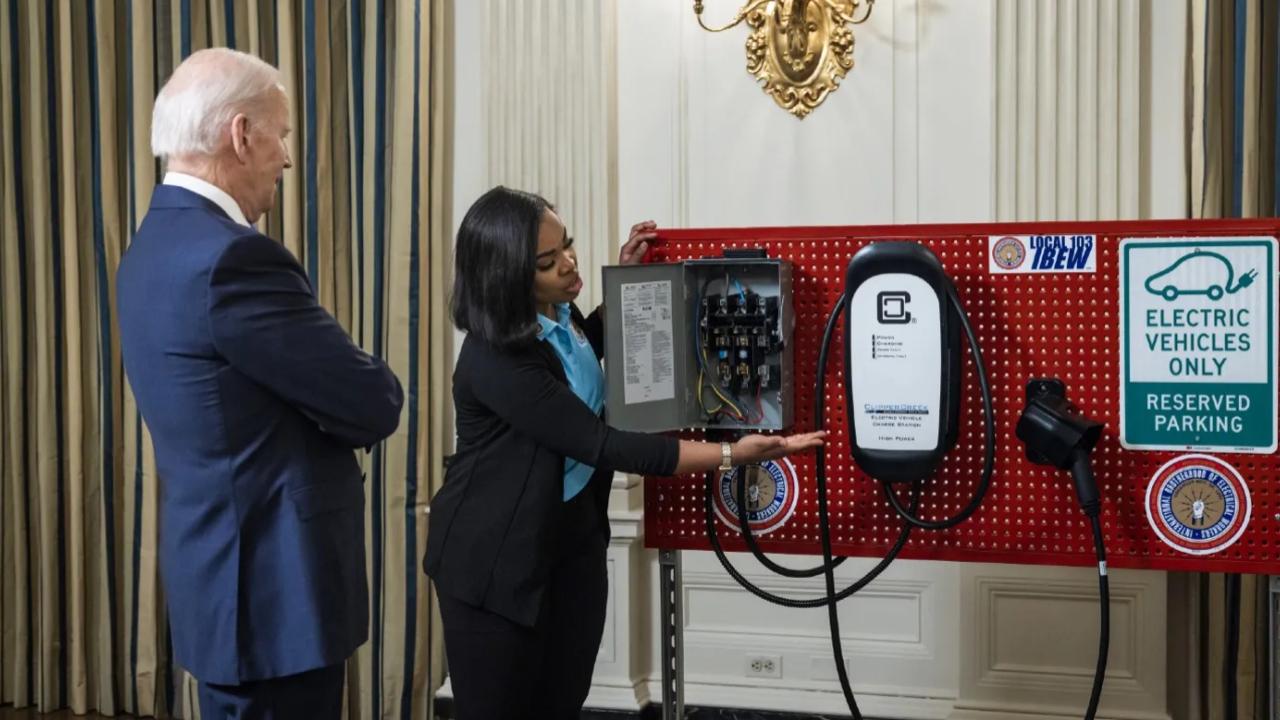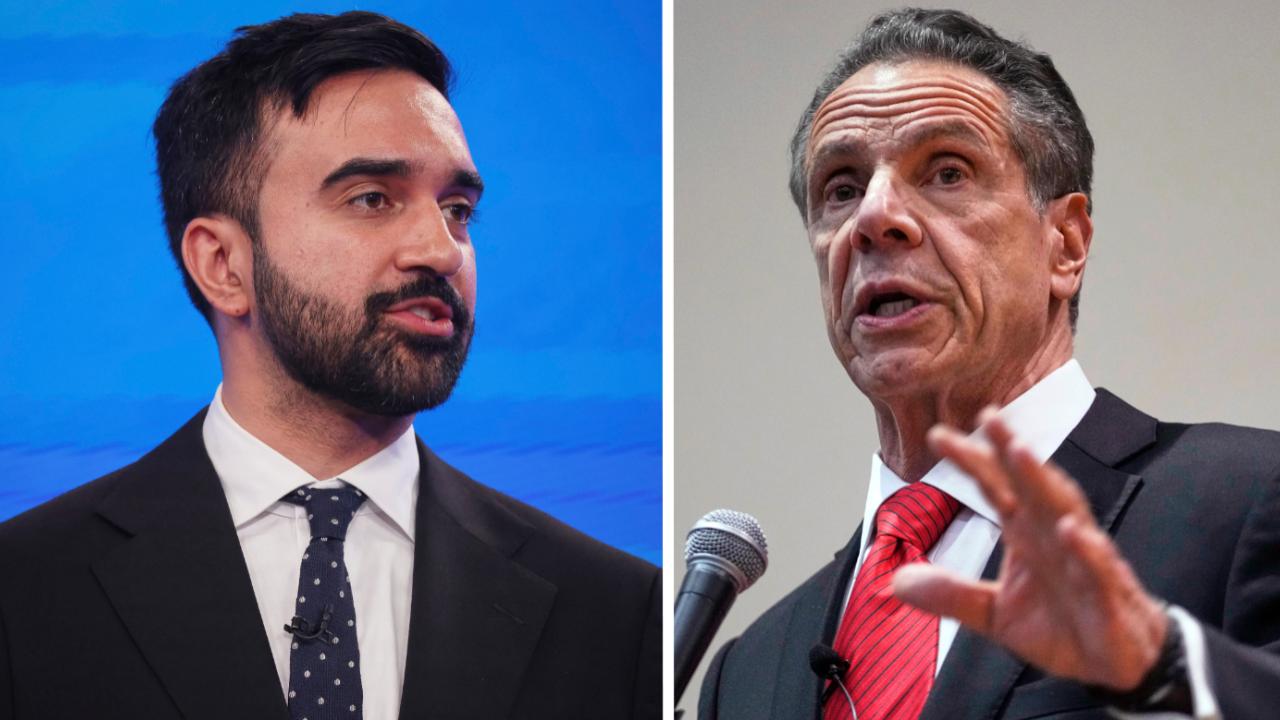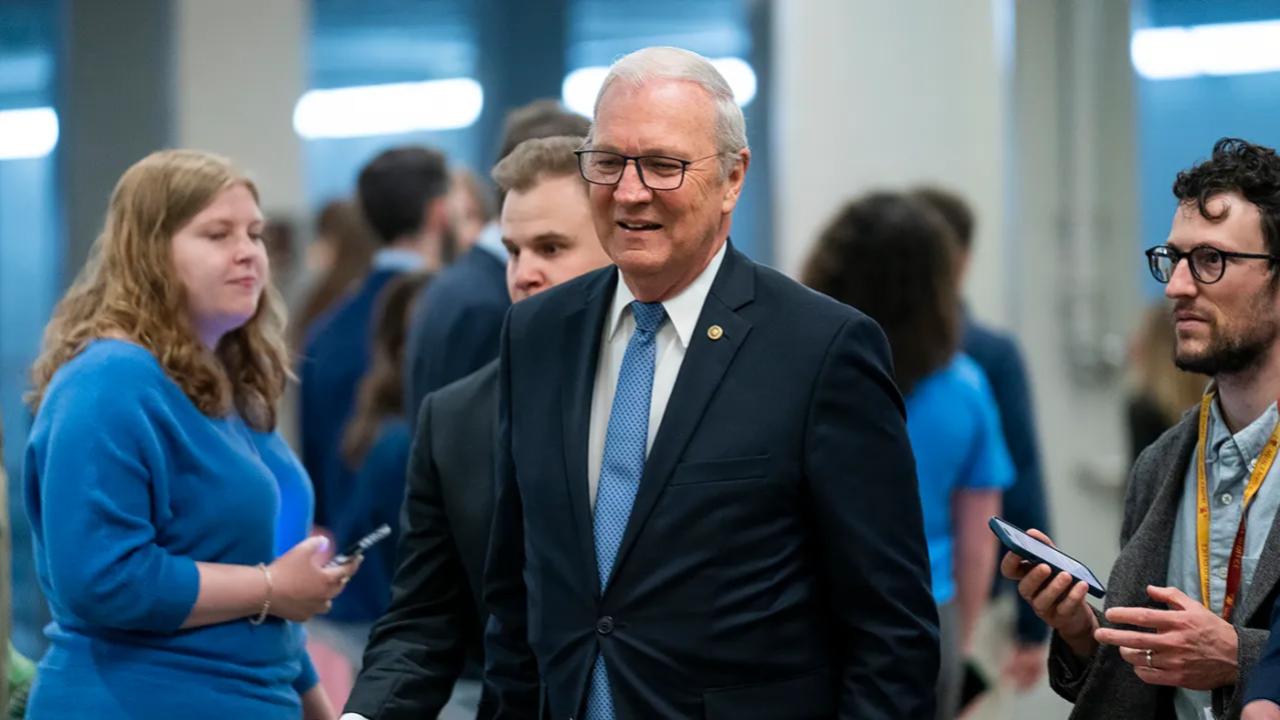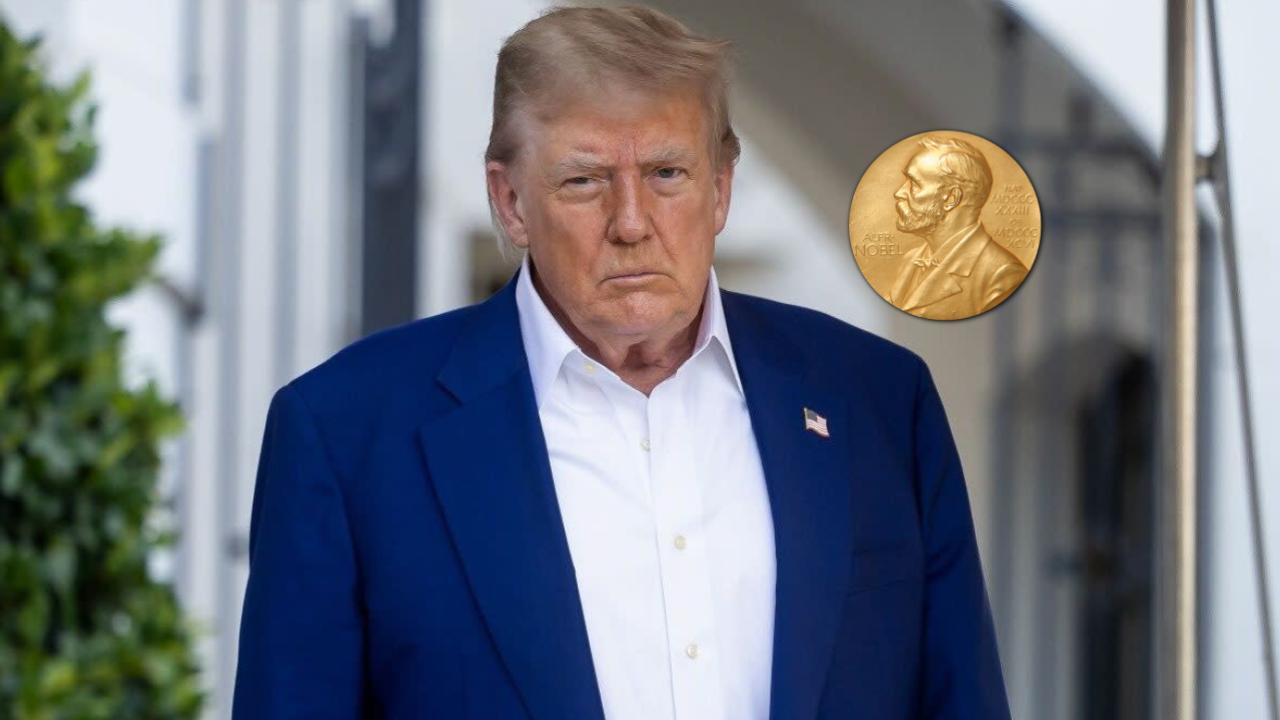Negotiations are underway between the White House and Harvard University in a battle that blends free speech, federal power, and academic autonomy. With billions in federal funding on the line and major policy changes at stake, this isn’t just a campus quarrel—it could reshape the future of American universities.
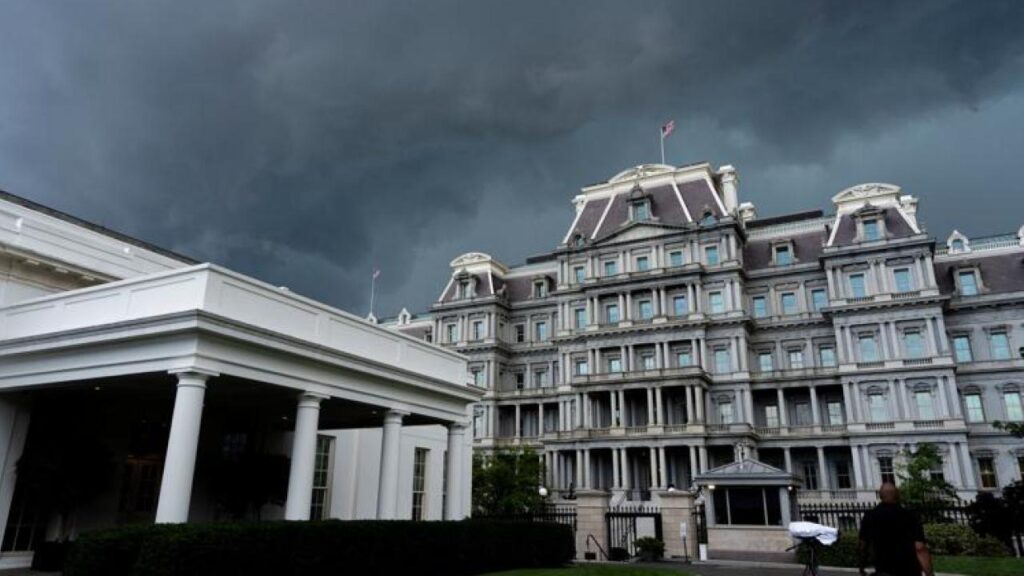
White House Turns Up the Heat on Harvard
| Insight | Stat |
|---|---|
| Federal research grants frozen | Nearly $3 billion |
| Harvard schools at risk | ~7,000 international students impacted |
| Court rulings favor Harvard | Judge called exec actions “misplaced efforts to control” |
As both sides near a potential settlement, Harvard stands at a crossroads. A compromise could unblock critical funding and bring stability, but must also shield the independence and diversity that define American higher education. This week’s outcome may set a new precedent—either affirming private universities’ autonomy or redrawing the boundaries of federal influence.
The Clash Begins
This simmering saga erupted in April, when the administration—citing concerns about liberal bias and antisemitism—demanded extensive reforms at Harvard. Requests included dismantling DEI initiatives, third-party oversight of academic programs, radical revamps to governance, and forced “viewpoint diversity” audits.
When Harvard resisted, the White House froze nearly $3 billion in federal grants, threatened to revoke tax‑exempt status, and tried to bar about 7,000 international students from campus. Harvard responded with federal lawsuits, claiming violations of constitutional and immigration law.
Inside the Negotiations
Federal funding & academic freedom
Administration officials are reportedly working toward a settlement by late June, with President Trump calling it “mindbogglingly historic”. Harvard has quietly made leadership changes and scaled back some controversial programs—possibly signaling a shift.
Foreign students at the heart
A federal court blocked attempts to bar international students, calling the action an affront to speech and thought freedoms. Negotiators are debating whether to impose a cap—Trump floated a 15% limit on foreign students.
Why This Matters
For Harvard and peer institutions
- Restoring research funding is vital—Harvard’s labs and hospitals run on federal grants.
- A settlement could define new limits on federal oversight of private universities.
- The outcome may serve as a template—Columbia and Cornell are watching.
For academic freedom & higher ed norms
- A victory for Harvard would reinforce constitutional protections.
- A concession might empower future administrations to exert influence over speech and hiring.
For domestic & international students
- Policies could reshape visa access and campus culture.
- International enrollment is a major financial engine and cultural asset—Harvard’s diversity is at stake.
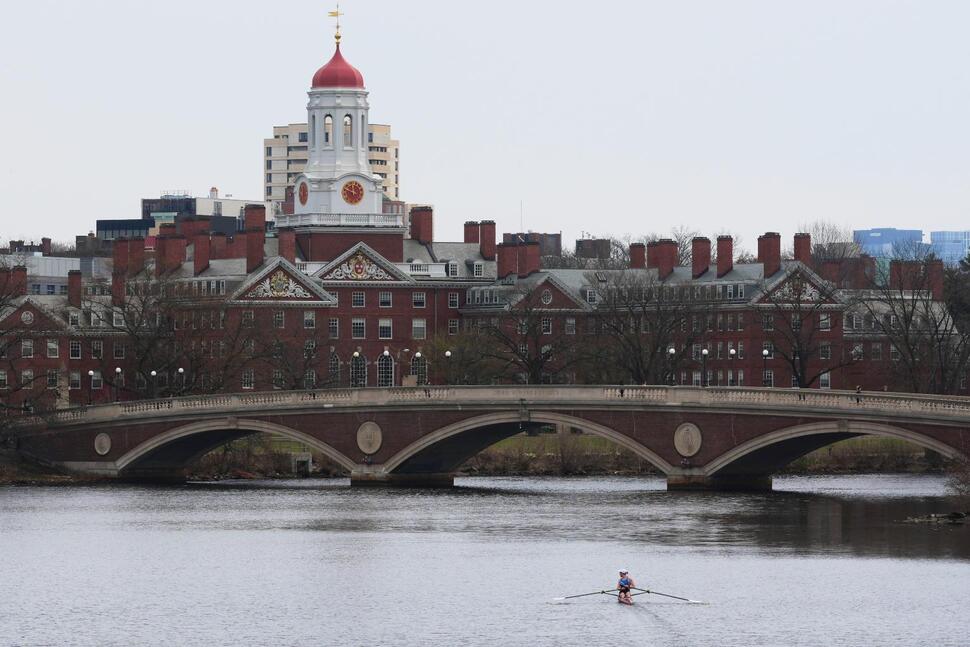
Harvard’s Balancing Act
President Garber has maintained that protecting autonomy is “non‑negotiable”. Meanwhile, board members like Sylvia Burwell (former HHS secretary) emphasize protecting academic mission and international collaboration.
At the same time, alumni groups—including Crimson Courage and Concerned Jewish Faculty & Staff—warn Harvard not to surrender its principles in exchange for funding.
A Broader Shift in U.S. Education Policy
This standoff isn’t isolated. The Trump administration has frozen nearly $9 billion in grants to major universities—including Northwestern, Penn, Princeton, Cornell—over demands tied to diversity, donor transparency, and foreign influence. Universities have united in defense, warning that these pressures fuel political interference in academia.
Broader Reaction
- Classroom concerns: Faculty note that cutting foreign-grant research slows medical and climate breakthroughs—“Without international students, Harvard is not Harvard”.
- Civic watchdogs: Civil rights groups and state attorneys general have filed 40+ amicus briefs supporting Harvard, arguing that research and democracy hang in the balance.
What Could a Settlement Look Like?
Although terms haven’t been disclosed, likely provisions include:
- Restoration of federal funding and reversal of visa bans
- Limits on federal oversight—no external auditors for hiring/admissions
- Policy changes around antisemitism and political expression
- Monitoring mechanisms to ensure fair governance without excessive federal control
FAQs
Why did Harvard sue the government?
They argued the grant freezes and visa actions violated their constitutional rights and were retaliation for refusing political demands.
Can Trump actually revoke federal funding or visas?
Yes—agencies like NIH, DHS, and IRS hold powers to control grants, certifications, and tax status. But courts restrict executive actions if they overstep legal authority.
How many international students attend?
About 7,000 (roughly 25–27% of the student body).

